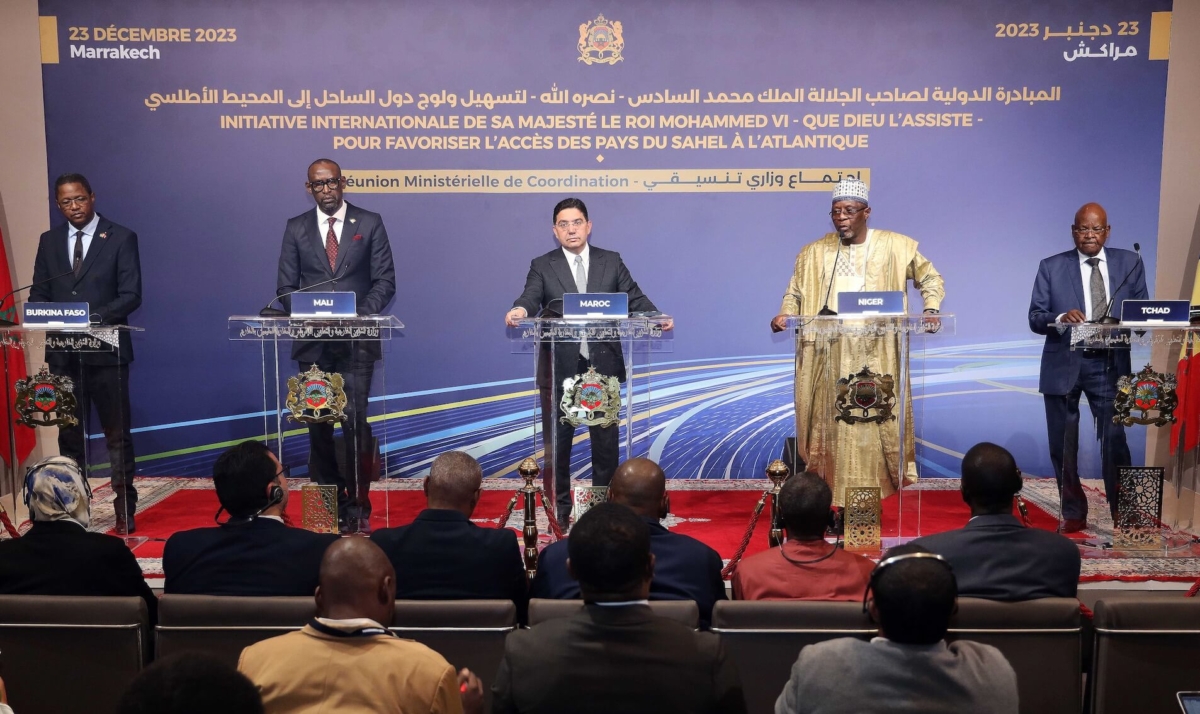Morocco's King Mohammed VI's initiative to promote access to the Atlantic Ocean for Sahel states was highly praised on Thursday at the 16th MEDays International Forum in Tangier.
During a plenary session on the theme of “Atlantic Africa and beyond: a new horizon for economic integration, growth and co-development”, speakers highlighted the King's “visionary initiative”, deeming it revolutionary for Africa on several levels, and a vector of development opportunities for African countries.
Speaking on the occasion, Former Prime Minister of Haiti Laurent Lamothe, emphasized this royal initiative to innovate, integrate and change paradigms for Africa, mentioning the importance of the Nigeria-Morocco gas pipeline project, which will offer enormous opportunities for startups, young Africans and landlocked countries of the Sahel.
For his part, Former Guinean Prime Minister François Lounceny Fall noted that the royal initiative offers a new opening for the integration of the continent for riparian countries as well as landlocked countries, notably in the Sahel, noting that it is a question of strengthening African solidarity.
In turn, Former Prime Minister of Guinea Bissau, Augusto Artur Antonio Da Silva stated that the ambitious African-Atlantic gas pipeline project would play an important role in promoting regional integration, underlining the need to invest further in building the capacities of the Continent's human resources, through promoting education and training.
Cape Verde's Former Minister of Foreign Affairs, Communities and Defense Luis Filipe Lopes Tavares praised for his part the King's visionary leadership in Africa, highlighting the importance of the Royal Atlantic Initiative in fostering African integration, as advocated by the Continental African Free Trade Area (CAFTA).
“This is a project that will bring peace and political stability to the 23 countries along the Atlantic seaboard,” he continued, stressing that this visionary initiative respects the sovereignty of individual countries and aims to promote regional economic and human development.






